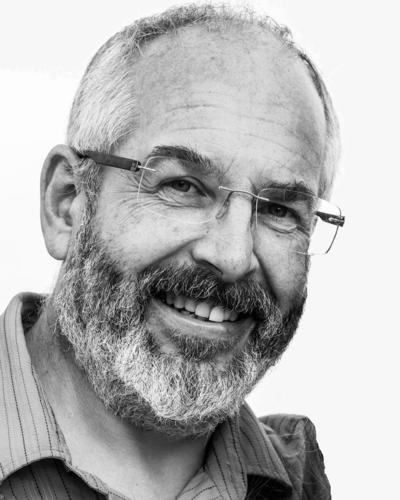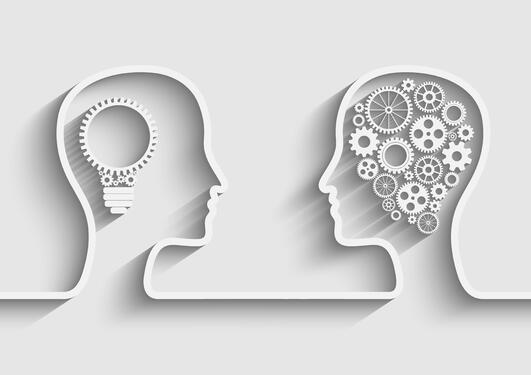Mapping the Past – Possibilities, Challenges and Solutions
Foredrag ved Mads Linnet Perner, København Universitet og Peder Gammeltoft, Universitetsbiblioteket i Bergen
Hovedinnhold
Digital laben inviterer til seminar om "Mapping the Past – Possibilities, Challenges and Solutions" med to foredrag.
Seminaret er på engelsk. Se opptak fra seminaret.
Mads Linnet Perner, University of Copenhagen
Mapping populations past: the challenges of fitting Denmark’s 19th century censuses to a map
Following years of digitization and transcription, Danish archives contain a bevy of 19th century individual-level data from censuses, parish registers and burial records. The Link-Lives project aims to link these sources together, to reconstruct life-courses of the historical population. –The geography of these sources is central to the process: standardization of historical spatial units is required for linking itself, for research as well as for dissemination. This paper describes the process of fitting various data used in the Link-Lives project to DigDag, the Danish National Historical GIS, and discusses the challenges encountered – particularly the divergence of administrative geographies between original sources and transcribed databases.
Peder Gammeltoft, University of Bergen Library
Mapping the Norwegian Cadastres: a new way of looking at quantitative research
Temporal research in the Norwegian cadastral system is fraught with problems and challenges. Thus, national comparisons are few and far between. However, by combining newly developed datasets with previous cadastres, it is possible to utilize the farm-unit for anything from fiscal developments to research into Norwegian place-name types. This project draws on experiences made during the Danish DigDag-project, the modern digital cadastre, historical cadastres, as well as Oluf Rygh’s Norske Gaardnavne, making it possible to scale research from county (fylke) level down to individual farm units (gardsnummer). The potential of quantitative will be illustrated as well as the challenges of combining datasets to form retrogressive analyses.

